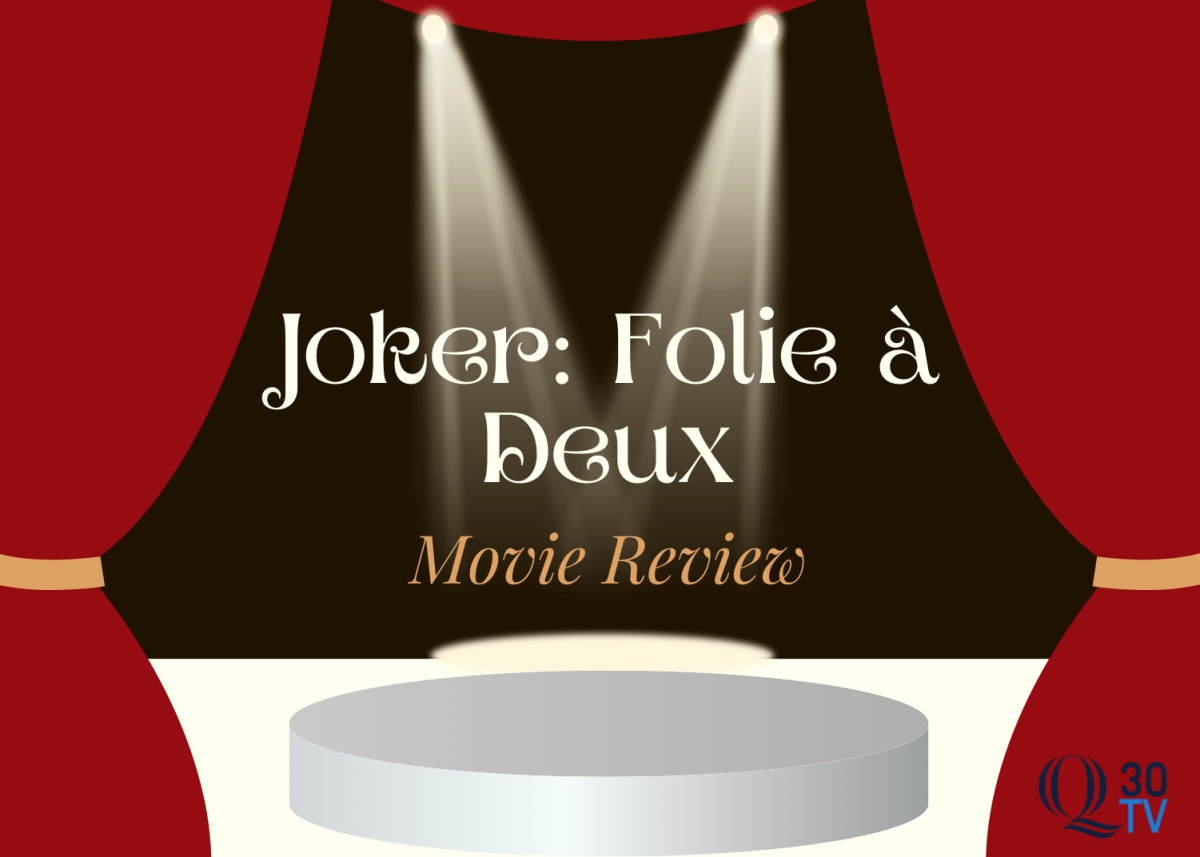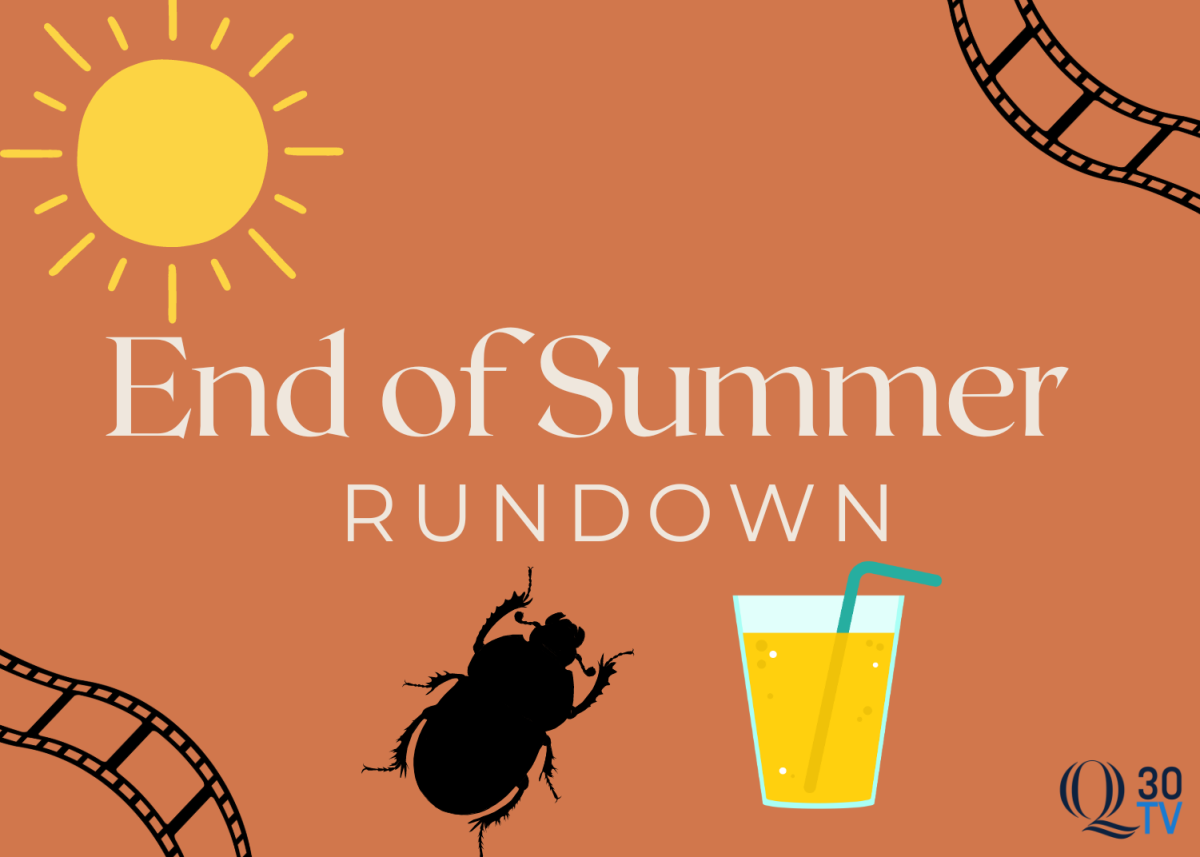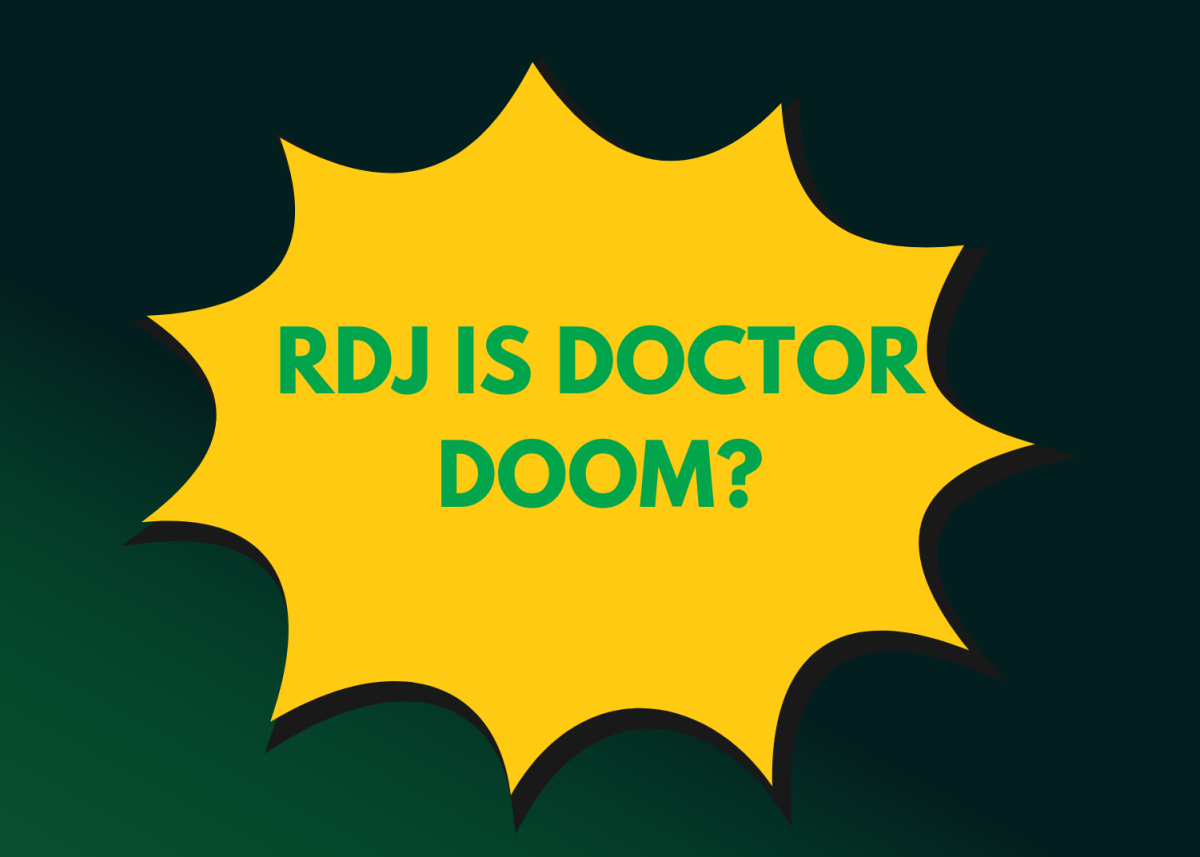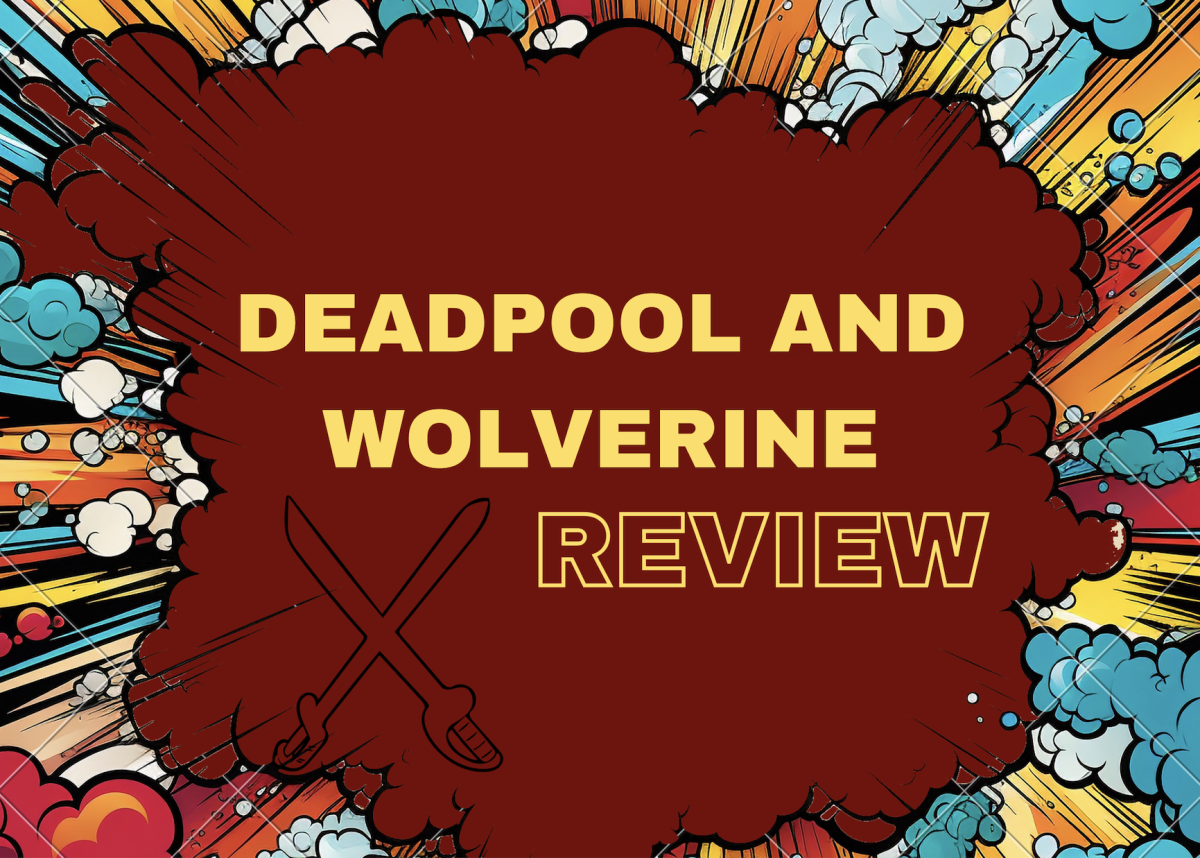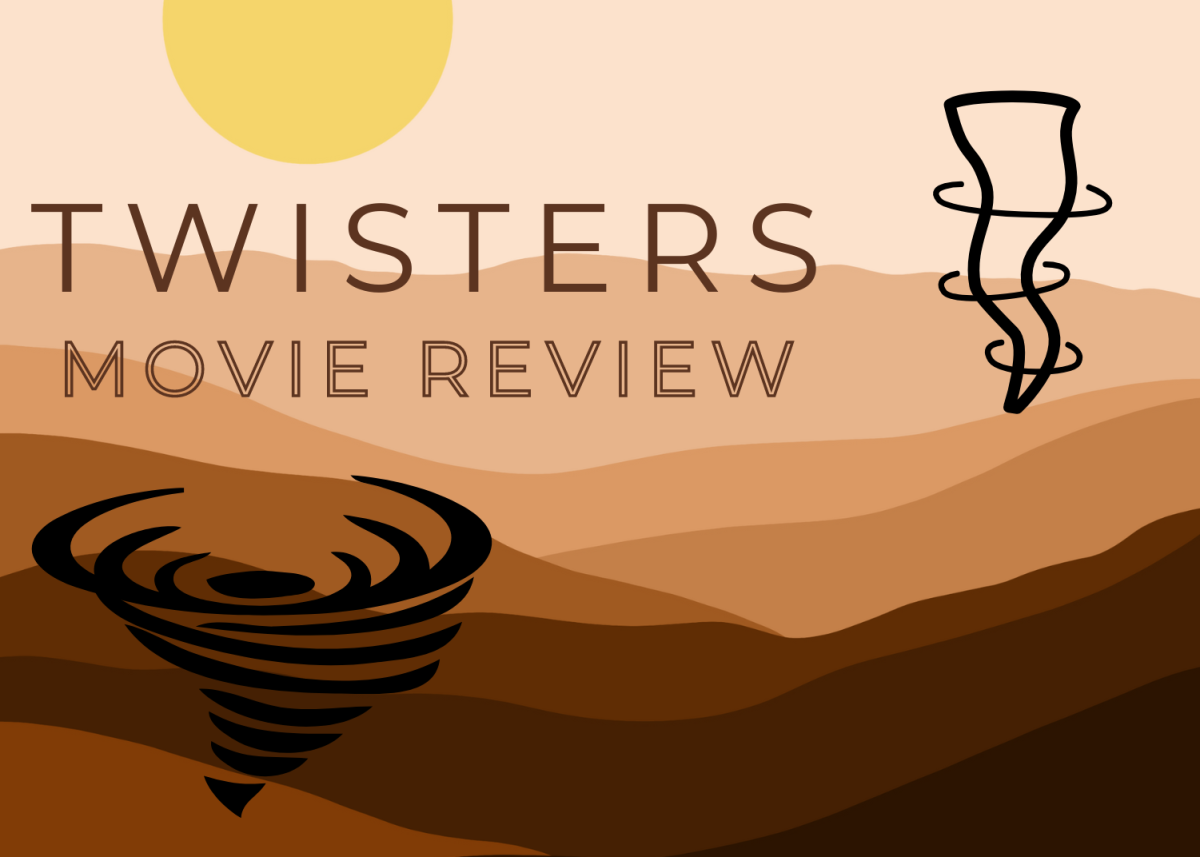With awards season just around the corner, the chilliest months of the year provide us with some of the hottest films. So after seeing some really interesting films this past month, here is my rundown of “The Holdovers,” “Priscilla,” and “The Killer”.
The Holdovers
“They don’t make em’ like they used to” is a common term associated with modern movies: “The Holdovers” was up to that challenge. The film feels like a time capsule to the 1970s, with the feel of an ‘80s romp with a huge heart, like 1989’s “Dead Poets Society.” “The Holdovers” is the ultimate feel-good holiday movie, while looking absolutely gorgeous; featuring stellar writing and acting.
“The Holdovers” follows a jaded history teacher (Paul Giamatti) at a New England prep school who is forced to remain on-campus during Christmas break to babysit a handful of students with nowhere to go for the holidays. The film is directed by Alexander Payne, whose last movie was 2017’s “Downsizing.” A six-year gap in-between the release of his pictures, but the wait is certainly worth it.
Giamatti delivers what might be his best career performance in this film; completely disappearing into his role. Dominic Sessa shines in his first feature film credit. His chemistry with Giamatti is potent and serves as the heart and soul of the picture. Da’Vine Joy Randolph brings forth a weighty performance filled with subtleties and complexities that adds so much humanity and depth to the picture. Each one of these three deserves attention at awards season, because their performances and characters were just so genuine, in a film that’s made audiences feel so many heavy emotions.
To reiterate a prior point, if you didn’t know better, you’d think that “The Holdovers” was made in the 1970s. The film’s look mirrors ‘70s film stock in such a beautiful and nostalgic way. The film’s cinematography is breathtaking; each frame is filled with so much life and the environments are so rich. This picture’s screenplay is also really clever and tight: creating such interesting characters, while making every moment and line of dialogue matter.
“The Holdovers” is up there with some of the best holiday films ever made. It’s a movie I’ll return to everytime December rolls around. It’s the kind of movie that makes you want to be better, to overcome, to love others. It’s movie magic, influenced by a time that created a lot of it.
Priscilla
In the span of two years, we’ve received two films centering around Elvis Presley, both of which featured the name of the movie’s central character—yet, they couldn’t be more drastically different. Sofia Coppola’s “Priscilla” is an exploration of love, womanhood, marriage, fame and identity that feels like the kind of film that the acclaimed director has been yearning to create her whole career. She crafts a movie that feels like a companion to Baz Luhrmann’s “Elvis”: building on its story while adding layers and humanity to the people we see depicted in that film, but from a vastly different perspective.
“Priscilla” begins with a teenage Priscilla Beaulieu (Cailee Spaeny) meeting rockstar Elvis Presley (Jacob Elordi) at a party, where the two formulate a relationship that’s as chaotic as a whirlwind. We see the two behind closed doors, and see what their marriage was truly like.
Spaeny and Elordi are perfect in their roles. Both give low-key and subtle performances that match the very cerebral nature of the film incredibly well. There’s such a range of emotions in the eyes of Spaney that Coppola holds the camera on in so many moments, letting you feel the dread and loneliness that Priscilla feels in the shadow of Elvis’ fame and presence.
It’s painfully easy to compare Elordi’s portrayal of Elvis Presley to Austin Butler’s, as both were excellent outings as the King of Rock & Roll. However these are simply two very different films, with different intentions. Butler played Elvis as a sympathetic showman, while Elordi draws to Elvis’ complex human side. Much like many different interpretations of a character, it’s about what’s on the page and in the mind of the director that determines so much of the final product. Both actors shined, playing a role that will no doubt boost their careers to massive heights.
To be expected, “Priscilla” is excellent on so many technical levels: the use of colors, set design, cinematography, and selection of music is all extraordinary. Each era that the film depicts feels so rich and authentic; a lived-in and glamorous world. The film’s editing is also very crisp; the movie absolutely flies by. So much so, that I was thoroughly surprised when the picture ended, and was hoping for and expecting more as the credits rolled.
“Priscilla” doesn’t create a heightened, superhero/myth tale like 2022’s “Elvis,” instead, it crafts a very subtle and muted story of a girl falling in love, and realizing she needs to break away from that love to become her own person. One that speaks to the auteur vision of its director, who’s known fame and its pitfalls her whole life. This is a story that could only be told by Coppola.
The Killer
The job you’re paid for? “The Killer” is David Fincher’s work in a nutshell: meticulous and precise, with an elite level of craftsmanship that can only be done by this one singular person. It’s a tense, yet beautiful work of cinema that captivates, intrigues, and frightens at every turn.
“The Killer” is about a ruthless assassin (Michael Fassbender) who, after a failed hit, goes on an international journey for revenge. Fincher, who’s lived in the neo-noir genre, has crafted acclaimed films in this category such as 1995’s “Seven,” 1999’s “Fight Club,” and 2014’s “Gone Girl.”
Fassbender is perfect for the role of The Killer in every conceivable way: his voice, mannerisms, demeanor and physicality. He even brings some other fantastic subtleties to the character, like the fact that The Killer never blinks at all in the film: creating the image of the character as a focused predator. All of this work helped to craft another stoic icon in the world of character study neo-noir thrillers: joining the ranks of Travis Bickle from “Taxi Driver,” Patrick Bateman from “American Psycho,” and even Robert Pattinson’s Batman from “The Batman.”
Fincher’s camera work is as captivating as ever, while the picture’s color pallet and grading is exceptional. The sound design might just be the most impressive technical component of the picture: the various ways in which we hear the diegetic sounds of The Killer’s music, depending upon the POV of a given shot. It’s such a subtle detail, yet it’s delivered to perfection—just how both Fincher and The Killer want it.
“The Killer” is another incredible David Fincher psychological thriller, earning its place amongst some of his greatest works. A character study that’s bold and unwavering, while diving into the deepest depths of human morality.



